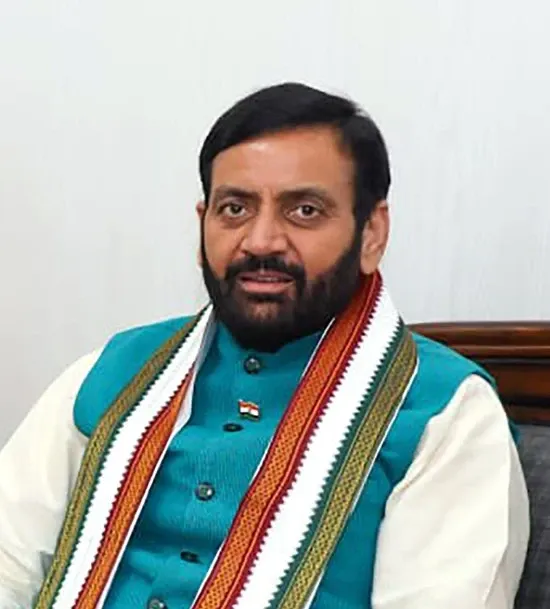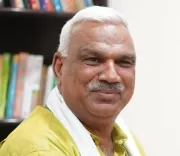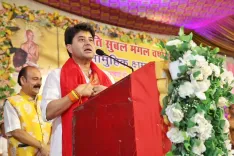Should Haryana Restructure Its 88 Civic Bodies and 179 Colleges?

Synopsis
Key Takeaways
- 88 civic bodies and 179 colleges to be restructured.
- Creation of an independent drainage department.
- Proposed increase of 105,832 posts in government departments.
- Focus on efficiency and responsiveness in governance.
- Pilot implementation in five key departments.
Chandigarh, June 3 (NationPress) - The Rationalisation Commission has put forward a significant proposal to Chief Minister Nayab Singh Saini for the restructuring of 88 municipal corporations, councils, and committees, alongside 179 government colleges.
This report advocates for the establishment of an independent department focused on drainage and groundwater recharging aimed at flood control by splitting the existing Irrigation Department into two distinct entities.
Furthermore, the commission has advised the formation of new institutions while recommending the closure of obsolete ones across multiple departments.
With the exception of a couple of departments, it is anticipated that the number of positions will rise considerably in nearly all other sectors.
Data from the Human Resource Management System (HRMS) indicates that the commission has suggested the creation of 105,832 posts, compared to the current 104,980 posts across 21 departments.
The Rationalisation Commission’s recommendations aim at restructuring government departments, boards, and corporations to enhance efficiency, transparency, and responsiveness to public demands.
Chairman Rajan Gupta presented the initial set of 18 reports to the Chief Minister, who promptly instructed the Chief Secretary and other officials to commence immediate implementation.
The Chief Minister stressed that five departments should be prioritized for a pilot implementation.
The targeted departments include Public Health Engineering, Irrigation, Mines and Geology, Horticulture, and Urban Local Bodies. Gupta mentioned that another batch of five reports is nearing completion and will be submitted shortly. Additionally, evaluations of another 23 departments are well underway.
He informed the Chief Minister that the commission's objective is to enhance departmental efficiency by empowering the lowest levels of the departments that interact directly with the public, making them more responsive and accountable.
The restructuring encompasses all levels of departments, from the ground offices to the heads of departments. It has suggested appropriate staffing, including IT and technical personnel, tailored to the needs of each office level based on their specific duties.





